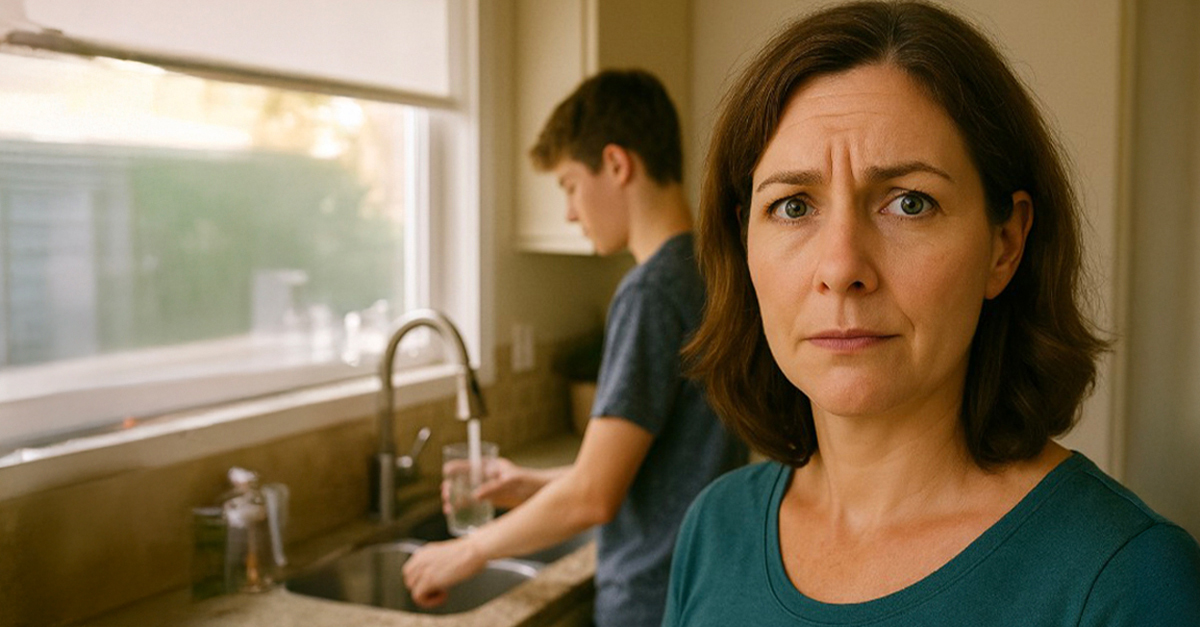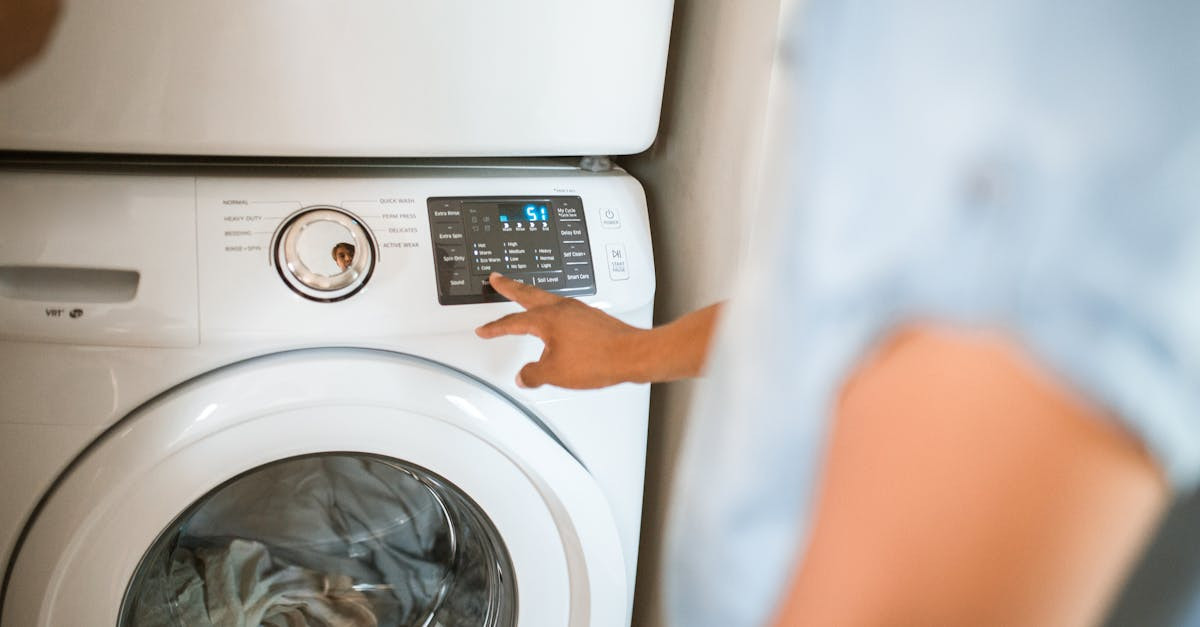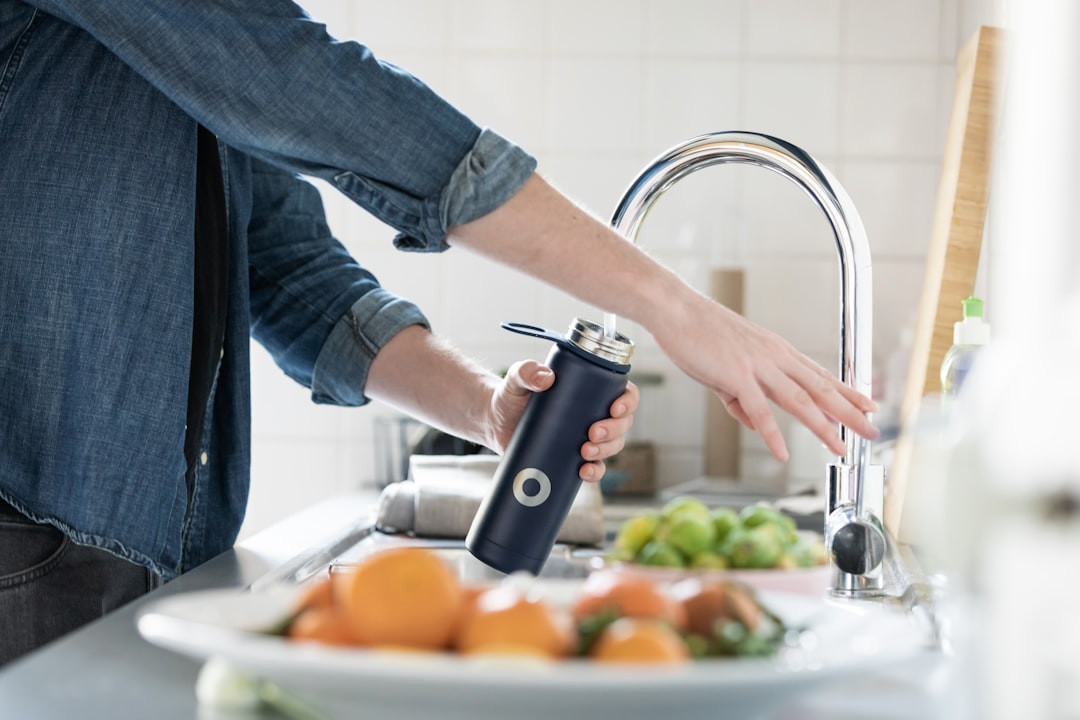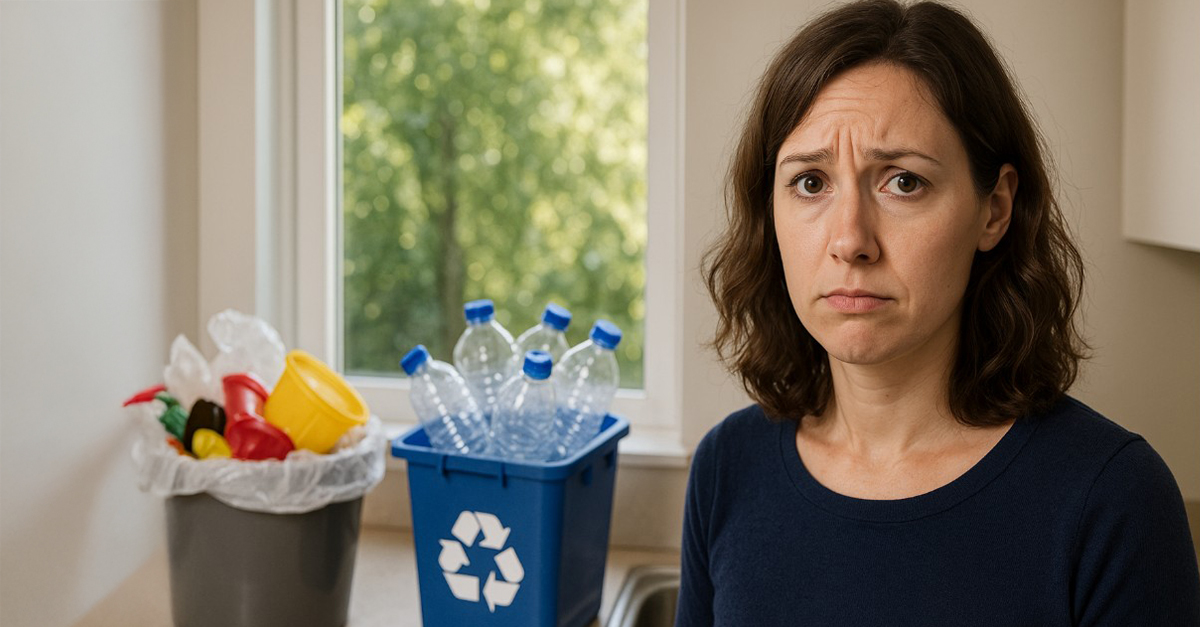If you live in an area with hard water, putting in a water softener could be a difference-maker in your daily life. Hard water, high in calcium and magnesium, can accumulate in pipes, dry out your skin, and damage appliances. A water softener reduces these minerals, giving you better water quality in your home. Does it make sense for you to install one?
Understanding Hard Water And Its Effects
Hard water actually isn’t hazardous to drink, but it can do damage to plumbing and appliances. Over time, mineral buildup, called scale, can clog pipes, restrict water flow, and drastically lower the lifespan of dishwashers, hot water tanks, and washing machines. Your clothes might feel rougher, and your soap or shampoo doesn’t lather up as well. These inconveniences can add up to some pricey repairs and replacements.
Better Skin And Hair
One of the best things about soft water is how it feels on your skin and hair. Hard water leaves a residue that can dry out your hair and skin. Washing your hair in hard water may make it brittle, dull, and hard to manage. A water softener helps your body care products rinse cleanly, giving you softer skin and shinier hair. You also may not have to depend as much on moisturizers and conditioners.
Cleaner Dishes, Softer Laundry, Lower Bills
Detergents and soaps work more efficiently with soft water, so your dishes come out cleaner and your laundry feels softer. You won’t have to use as much detergent, which saves money in the long run. Energy costs can go down as your water heater doesn’t have to work as hard. All of these things can give you a noticeable long-term savings on your utility bills.
When Does It Make Sense?
If you see a white film on your faucets, soap deposits in the tub, or your clothes feel stiff after washing, it may make sense for you to put in a water softener. Whether your water comes from a private well or you live in a region with a high dissolved mineral content, testing your water hardness is the best way to assess whether installation makes sense.
Should You Rent Or Buy?
Renting is your best bet if you’re not planning to stay in the home long-term. A rental arrangement will normally include maintenance and repairs. Buying a system costs more in the near term, but saves money over the long haul and lets you control the system how you want. Ownership is the better long-term value.
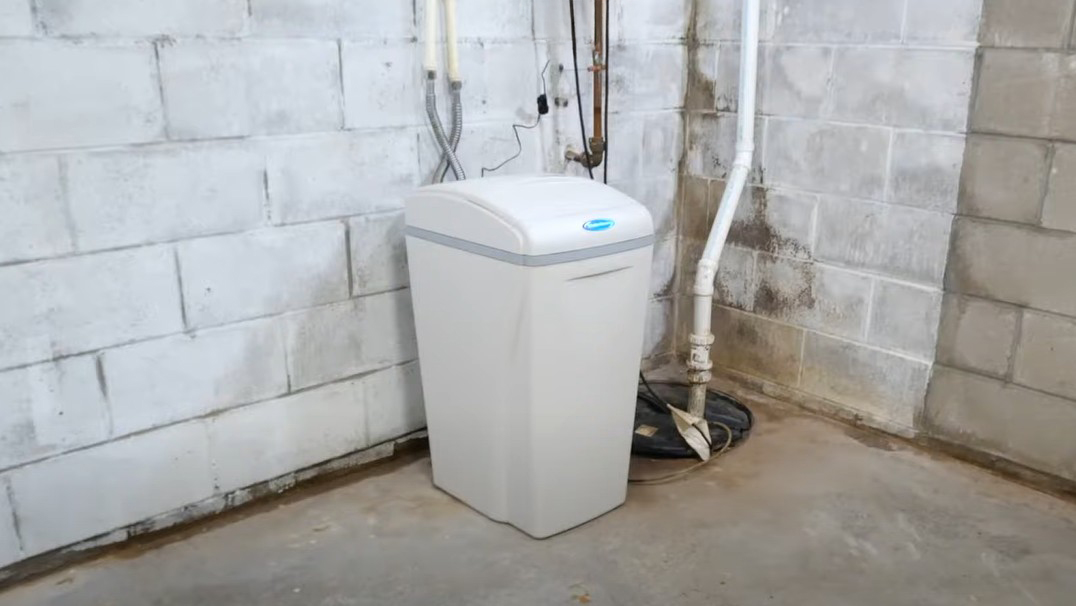 WaterBoss Water Softener Installation Guide, WaterBossSofteners, YouTube
WaterBoss Water Softener Installation Guide, WaterBossSofteners, YouTube
Environmental Factors
Water softeners are becoming more efficient all the time, with less salt and water consumption during the regeneration process. Keep in mind that some municipalities restrict traditional salt-based softeners because of worries about sodium in wastewater. Check your local regulations and look at getting a salt-free or alternative system if this is an issue in your area.
Installation And Maintenance Tips
Installing a water softener is best dome by professionals, although there are some models that are DIY-friendly. Regular maintenance, like checking salt levels and cleaning the brine tank, will ensure the system runs like a top! Periodic servicing can add longevity to the water softener and prevent issues before they develop. Over all, it’s a low-maintenance addition with lots of benefits.
An Investment In Comfort
For a lot of homes, a water softener will be a source of added comfort and noticeable cost savings. From extending the life of your appliances to making your personal care a little more pleasant, the benefits are real. If your home does use a hard water source, then a water softener is a practical wellness investment that can really pay off in the long run.
You May Also Like:
20 Water-Saving Tips For A Greener Yard
Can You Just Wash Your Face With Water? Here Are The Benefits

